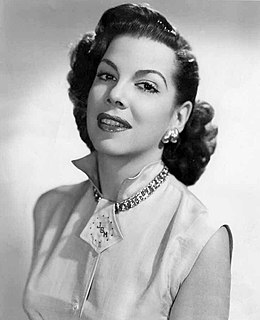A Quote by Dave Barry
Stuffwise we are not a lean operation. We're the kind of people who, if we were deciding what absolute minimum essential items we'd need to carry in our backpacks for the final, treacherous ascent to the summit of Mount Everest, would take along aquarium filters, just in case.
Related Quotes
I always carry around a giant makeup case with about fifteen items in it. I so want to be the girl who just carries lipstick as if that's all I need, but I'm just not that girl. I need my lipstick, but then, just in case my cheeks start to lose their color, I need my blush. Then I'll need my oil pads...so I just take the whole thing. And now I need a full on fashionable backpack for it all!
Everest has a special place in all of our imaginations. For centuries, Everest was a little bit like the moon. It was the place where everyone wanted to go. Empires wanted to be able to say that they were the first to put a climber on top of Everest. So when a tragedy happens up on that mountain, I think it has a global resonance. Everybody's heard of Everest. Everybody knows what Everest is and what it means, and the significance.
People were paid lots of money to make stupid decisions, people in big banks, and when people are paid to be stupid they'll be stupid. The question was, did they know they were being stupid or were they just stupid? I think you need to take it on a case by case basis. There was some sinister activity, but I think by and by it was people being incentivised to do the wrong thing.
































